A few weeks ago I was on the news to talk about my new kids’ book, Different Is Awesome!
I had a great time with the hosts and felt like it went really well. Later in the day they put the segment up online and the title of it gave me pause:
Author Talks About Living With Disability
Here’s the thing: I don’t have a disability.
Now, if you know me at all, you know this isn’t something I get angry or belligerent about, but this time it did cause me to go, “What?” Mostly because I thought it could have been presented in a number of different, more positive ways. “Author Talks About New Kids Book” or “Author Discusses New Kids Book Encouraging Children To Embrace Differences” or “Man With One Hand Won’t Stop Making Animated Gestures To Emphasize Points”
Since I was a bit surprised by my reaction this time, I looked-up the word “disability” in the dictionary:
1. lack of adequate power, strength, or physical or mental ability; incapacity. Nope.
2. a physical or mental handicap, especially one that prevents a person from living a full, normal life or from holding a gainful job. Nope.
3. anything that disables or puts one at a disadvantage. Ok, by that definition we’re all disabled.
I love words and I respect the power they hold. I also know that this community and the greater community of people affected by physical and/or mental differences thinks a lot about how we are labeled. And that’s totally appropriate. The conversation is as important as ever and we should all be involved to some degree.
In fact, someone asked me how I prefer to be referred to the other day and after thinking for a beat, I told him I wasn’t sure.
It’s something I’m still wrestling with myself.
I know that disabled isn’t it, though. Or handicapped.
Differently-abled? Diff-abled? Adequately-abled? Mostly-able-bodied? Able-bodied-ish?
The fact is, I’d rather my difference be placed somewhere far down the list of words used to describe me.
I’d guess that the vast majority of you feel the same way.
That said…
What terminology do you prefer to use when describing your (or your child’s) difference?








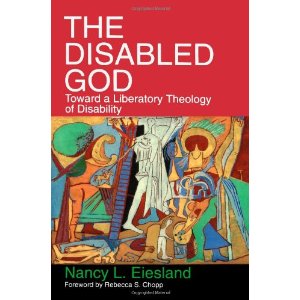


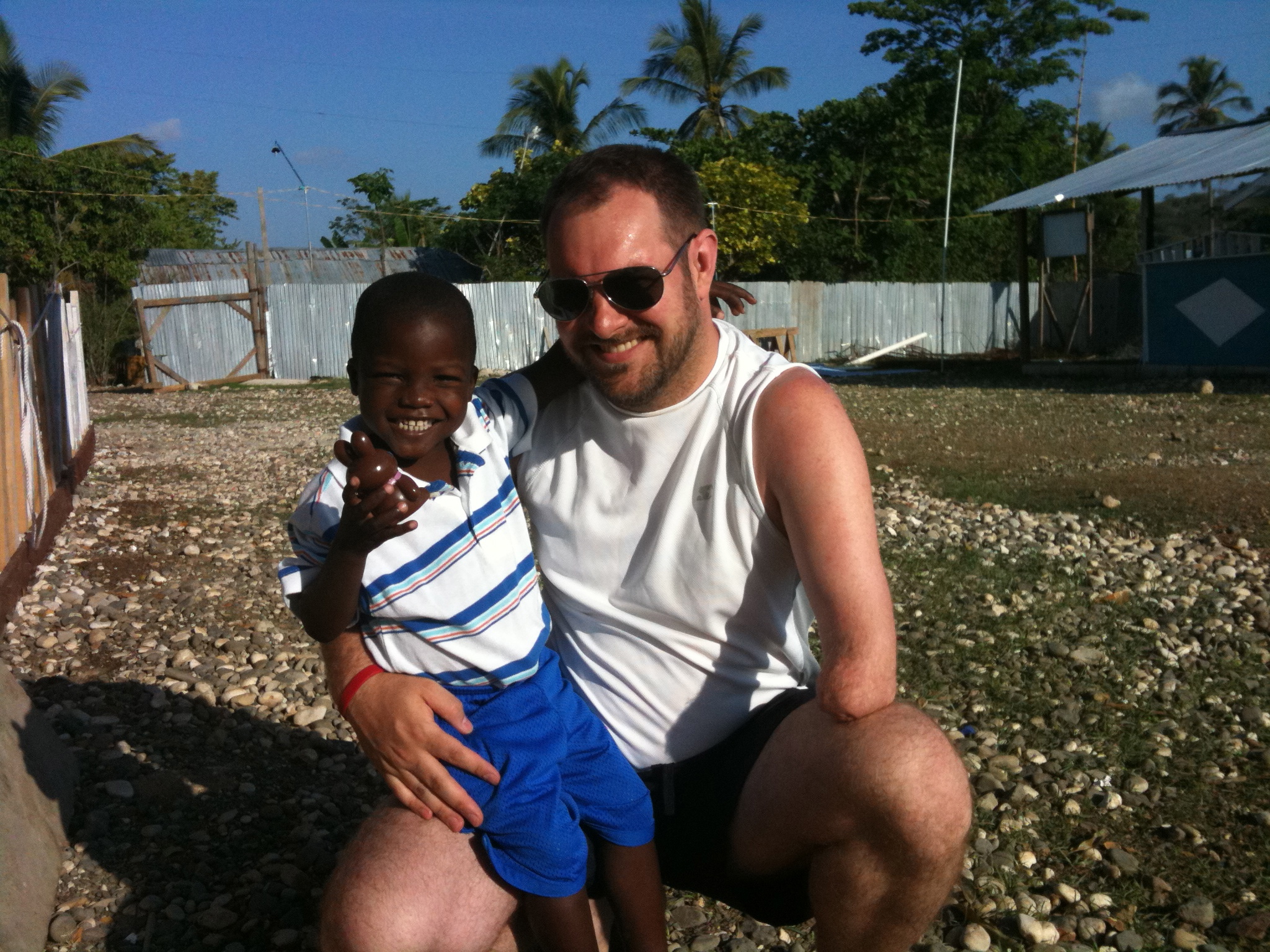

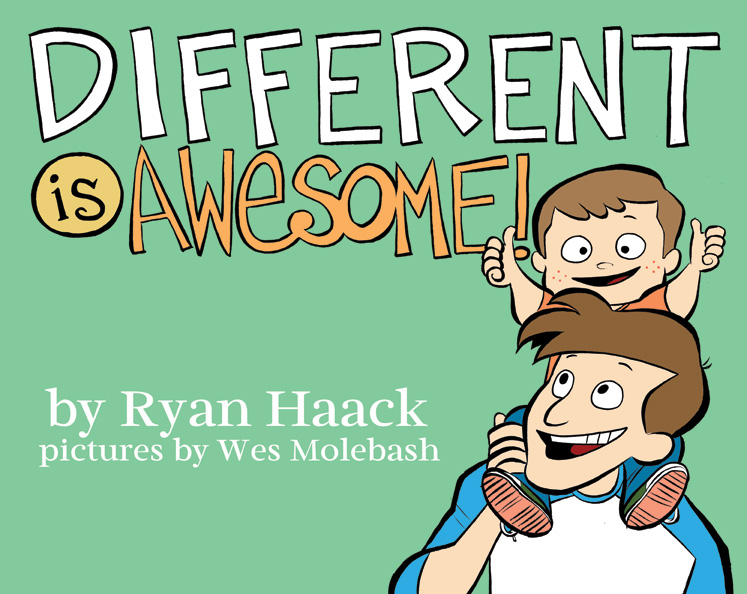
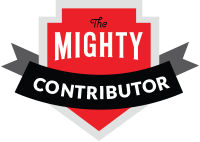



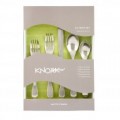



Thank you, thank you, THANK YOU for posting on this topic! My heart sinks every time I hear someone label my LBE daughter as “disabled.” When I describe that particular aspect of her, I usually just mention that she has a limb difference. Plain and simple. Disability is a word you will never hear come out of my mouth in the same sentence as my daughters name. She has continued to amaze me all her life in how she figures out her own way to do things. It may look a little different than how “most” people do it, but I know she will find a way to accomplish anything she puts her mind to. (Okay, okay, we are still working on conquering those darn monkey bars, but it WILL HAPPEN! 😉 Thank you again for your amazingly honest post on an important topic!
Thank you for such a thoughtful comment, Liz! I’m with you 100%! 🙂
hmmm… good question. I generally use disability because it’s fairly generic but is descriptive enough to let someone know I am “differently abled”. My disability was congenital so I’ve lived with the terms all my life and don’t really sweat it. I’ve heard others be upset at the usual terms and use things like “differently abled” or “handi capable” but to me those are clunky and more confusing to others who might hear them. I guess in thinking about it, to me disabled is better than handicapped… I’m not sure why, I guess handicapped is an older term and just sounds more serious, more ‘disabling’ if you will. I could get used to “difabled” but until it became common usage people would think I had a speech impediment and was even more handicapped than they thought! 🙂
Great thoughts, Jim! I’m with you. Growing-up this way, too, I’ve heard all the terms, too. Thanks for sharing!
Ryan I feel the same way! But I have decided that other people can treat it whoever they wish as long as it doesn’t get in the way. When someone holds the door for me or really goes out of their way do hold something open for the “handicapped guy”, I don’t say anything negative because I realize that they are trying to do good. I realize that I can get the door myself but instead I let them because they’re trying to do good and who am I to disrupt that. Anyways that’s my take on it!
Well, keep in mind – at least in the south – some of us hold the door, etc. for EVERYBODY – that’s southern hospitality. 🙂 So maybe sometimes it’s unrelated to a perceived disability. But still, yes, it’s hard to fault people for being nice whatever the reason. 😀
Ha! I was just having this conversation with my friend Charlie who is from the South and that’s exactly what he said! He was like, it’s weird going to other parts of the country and getting scolded for holding open a door! lol
https://youtu.be/1u-niluB8HI
Love this video and message about Disabilities
Hey Ryan,
Thank you for posting this. I’ve never liked disabled. Our son has a little hand and he is totally abled. We refer to it as a limb difference. And to the two or three people who have ever called him disabled or handicapped, we gently, and kindly correct them. One woman was really grateful we told her an alternative way of describing his hand. And ultimately, you are right – it’s one of the last things we think of to describe him. If we even think of it at all. There are so many other standout qualities that come to mind when describing our amazing 7 year old! 🙂
I am from the south, as far south as you can get, Florida, even though I reside in California now! And I do respect a person that is holding the door, as I said. But then there is that other person that goes out of his/her way to grab the door for a “disabled person”. Like I said if it’s in their heart to do something for me or any other disabled person, who am I to question it. I simply let them and then politely say thank you afterwards! As far as a specific kind of disability (in medical terms) I personally don’t bother them unless they ask. But then again that’s me, we all have our ways!
Yes, I’m missing my right arm below the elbow but have never considered myself disabled. I do things differently, but can only think of a couple of things I can’t do – like monkeybars, but then who needs to do monkey bars at my advanced age of 77? My arm did do some very positive things in my life. It made me very competative as I never wanted anyone to feel sorry for me. As a result I had to do everything as well as or better than most. Life has been good to me and I thank my parents for never allowing me to think I was disabled/handicapped and they never treated me differently than any other kid.
Thank you SO much for sharing your experience, Jan! 🙂
Agree wholeheartedly Jan.
I was brought up in a home where there was my Dad, my brother and me.
My Dad never let me feel like I was disabled.
He included me in everything including horse riding.
Meanwhile he facilitated things for me without comment.
I always had a horse with a soft mouth, for instance and when he saw me having difficulty with something he would silently find an alternative such as the pencil sharpener which suddenly was attached to a sheet of thin aluminium.
Parental attitude means so much.
Adaptive.
My kids all refer to my youngest son’s “little arm”. We have never used the term disabled, although he’s only 3, so I’m sure we’ll hear that more when he’s in school. Generally, when describing my son, the kids (and their cousins) all mention that he has a little arm with great pride, because my son IS very proud of his little arm, and he likes for people to notice it. I like to point out to people that he can generally do anything any other 3-year-old can do, he just may do it differently. Usually, the people who comment on his arm are kids, and we welcome those interactions, because kids are just curious and want to know that he’s all right. The most common comment from kids is “Does it hurt?”, so I was thrilled to see that you put that question in your book.
This is so great! Thank you for sharing it, Angel!
And I have to admit…that’s one of my favorite parts of the book, too. 🙂